Some of our Favourite Books
Lessons in Chemistry, by Bonnie Garmus
Chemist Elizabeth Zott is not your average woman. Elizabeth Zott would be the first to point out that there is no such thing as an average woman. But it's the early 1960s, and her all-male team at Hastings Research Institute takes a very unscientific view of equality. Except for one: Calvin Evans, the lonely, brilliant, Nobel Prize–nominated grudge holder who falls in love with—of all things—her mind. True chemistry results.
The Skin We’re In, by Desmond Cole
In The Skin We're In, journalist and activist Desmond Cole looks at what it's like to live in Canada as a Black person. The Skin We're In examines
one year, 2017, and chronicles Cole's personal journalism, activism, and experiences alongside stories that made headlines across the country, including refugees crossing the Canada-U.S. border in the middle of winter and the death of Somali-Canadian Abdirahman Abdi at the hands of the Ottawa police.
Medicine Walk, by Richard Wagamese
Franklin Starlight is called to visit his father, Eldon. He's sixteen and has had the most fleeting relationships with the man. The rare moments they’ve shared haunt and trouble Frank, but he answers the call—a son's duty to a father. A journey through the rugged and beautiful backcountry ensues, as does a journey into the past, as the two men push forward to Eldon's end.
The Glass Castle, by Jeannette Walls
The Glass Castle is a remarkable memoir of resilience and redemption and a revelatory look into a family at once deeply dysfunctional and uniquely vibrant. When sober, Jeannette’s brilliant and charismatic father captured his children’s imagination, teaching them physics, geology, and how to embrace life fearlessly. But when he drank, he was dishonest and destructive. Her mother was a free spirit who abhorred the idea of domesticity and didn’t want the responsibility of raising a family.
Writing my Wrongs, by Shaka Senghor
In 1991, at nineteen, Shaka Senghor shot and killed a man. He was a teenage drug dealer with a strong temper, tempered by months of selling drugs on Detroit's brutal streets. For years, as he served out his sentence for second-degree murder, he blamed everybody but himself for his decision to shoot on that fateful night. It wasn't until Shaka started writing about the pain from his childhood and his life on the streets that he got to the root of the anger that led him to prison. Through the power of journaling, he accepted responsibility for his violent behavior and now uses his experience to help others avoid the same path.
Bad Cree, by Jessica Johns
Mackenzie, a Cree millennial, wakes up in her one-bedroom Vancouver apartment clutching a pine bough she had held in her dream just moments earlier. When she blinks, it disappears. But she can still smell the sharp pine scent in the air. The nearest pine tree is a thousand kilometres away in the far reaches of Treaty 8. Mackenzie continues to accidentally bring back items from her dreams, dreams that are eerily similar to real memories of her older sister and Kokum before their untimely deaths.
Under An Afghan Sky, by Melissa Fung
In October 2008, Mellissa Fung, a longtime reporter for CBC’s The National, was leaving a refugee camp outside of Kabul. Suddenly, she was grabbed by armed men claiming to be Taliban, stabbed, stuffed into the back of a car, and driven off into the desert. When the group finally reached a village in the middle of nowhere, her kidnappers pushed her towards a hole in the ground. For 28 days, Mellissa Fung lived in that hole, which was barely big enough to stand up or lie down in, nursing her injuries, praying, writing in her notebook, and, as a veteran journalist, interrogating her own captors.
The Marrow Thieves, by Cherie Dimaline
Humanity has nearly destroyed its world through global warming, but now an even greater evil lurks. The Indigenous people of North America are being hunted and harvested for their bone marrow, which carries the key to recovering something the rest of the population has lost: the ability to dream. In this dark world, Frenchie and his companions struggle to survive as they make their way up north to the old lands. For now, survival means staying hidden, but what they don't know is that one of them holds the secret to defeating the marrow thieves.









